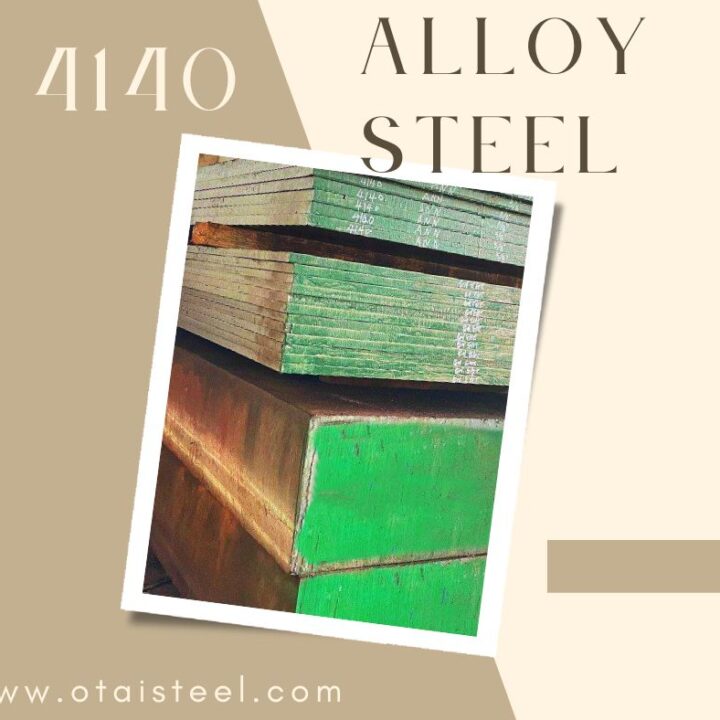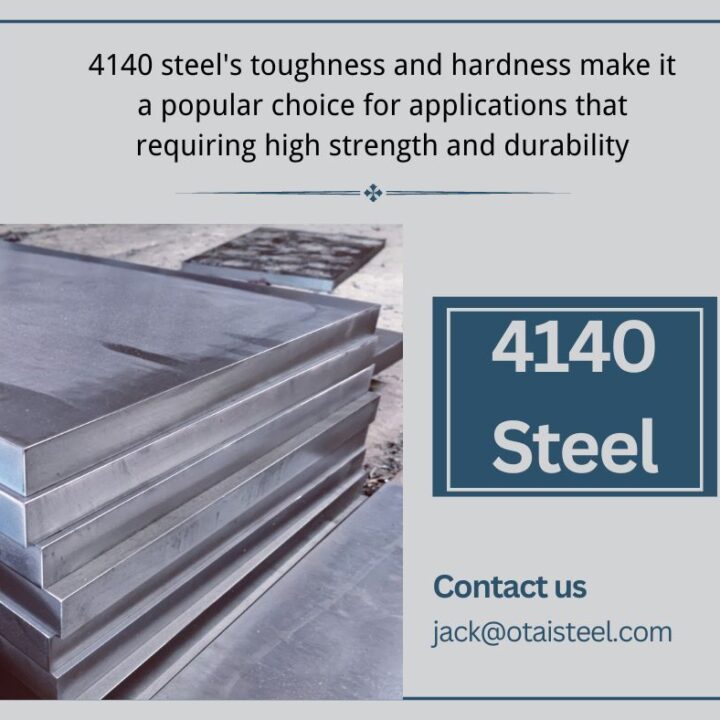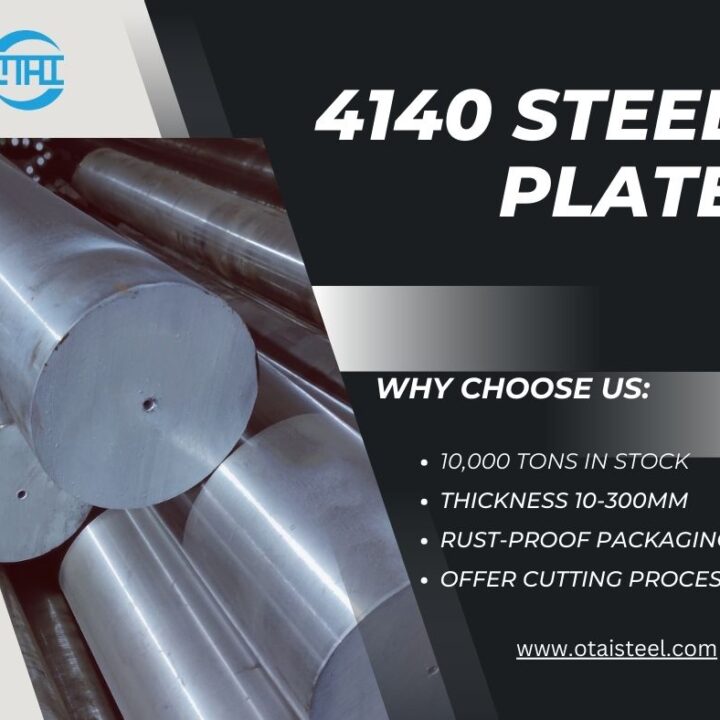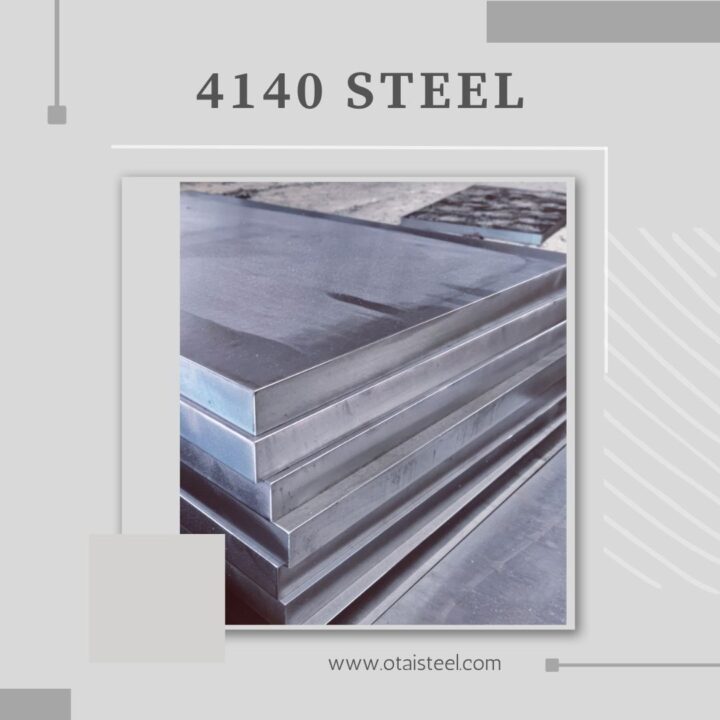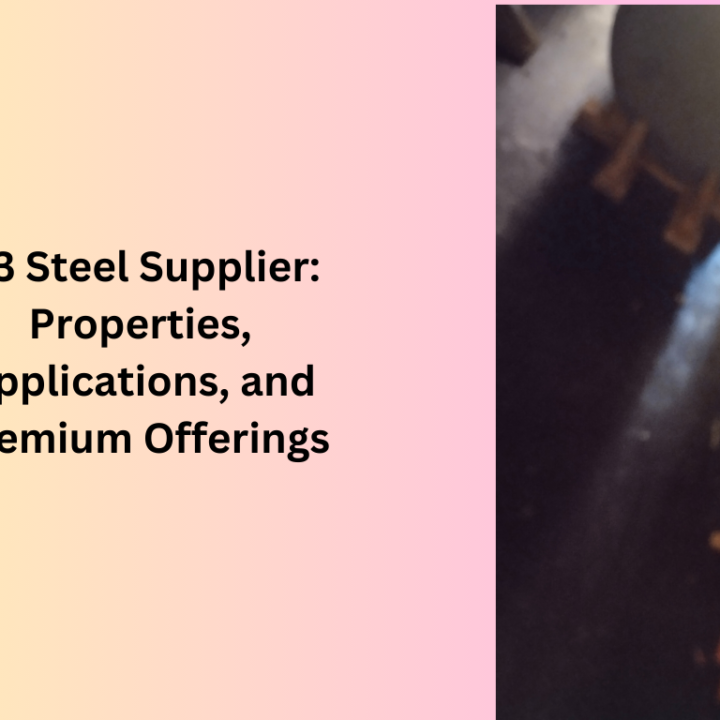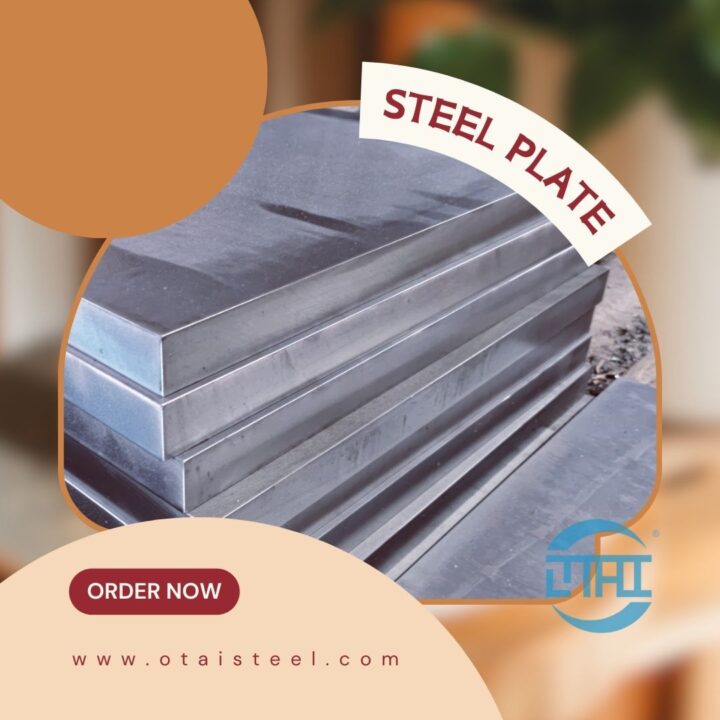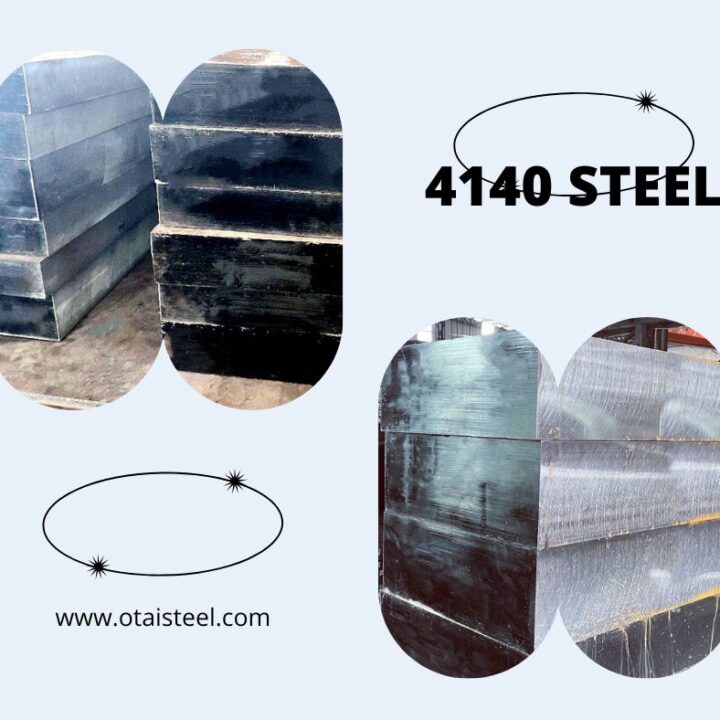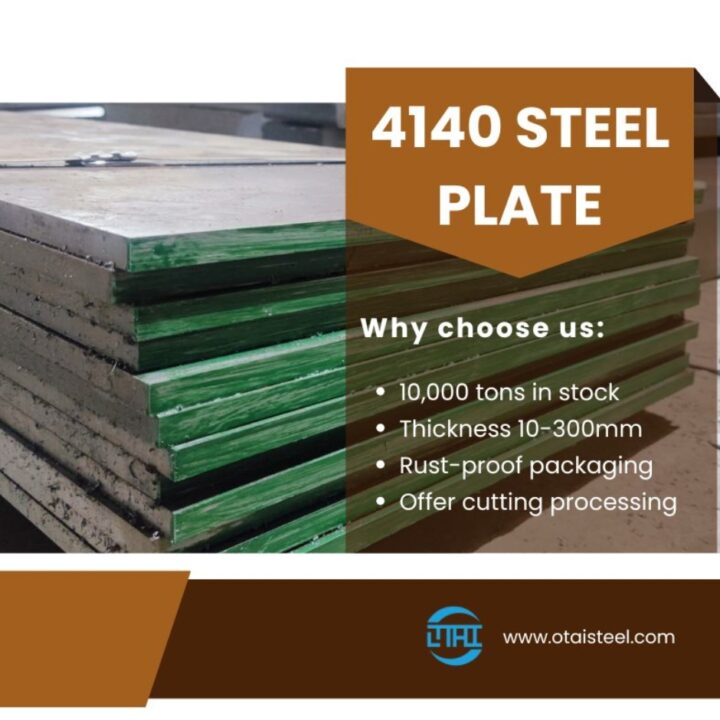4140 alloy steel is renowned for its exceptional strength, toughness, and wear resistance. It belongs to the family of chromium-molybdenum alloy steels and is often referred to as “chrome-moly” steel due to its composition, which includes chromium and molybdenum.
Understanding 4140 Steel
- It’s Not Stainless Steel: First and foremost, let’s clear this up – 4140 steel is not stainless steel. It belongs to a different category of steel altogether, known as alloy steel.
- Strength and Toughness: 4140 steel is famous for its impressive strength, toughness, and wear resistance. These characteristics make it highly suitable for applications where durability and robustness are essential.
- Composition: This alloy steel contains a blend of elements, including chromium, molybdenum, manganese, and carbon. These elements contribute to its unique properties, such as high tensile strength and resistance to wear.
- Applications: You’ll often find 4140 steel used in heavy machinery components, structural parts, and applications where exceptional strength is required. Its capacity to withstand stress and impact makes it a go-to choice for demanding industries.
Understanding Stainless Steel
- Corrosion Resistance: Stainless steel, on the other hand, is celebrated for its resistance to corrosion and staining. This resistance is primarily due to the presence of chromium in its composition.
- Chromium Oxide Layer: Stainless steel forms a protective layer of chromium oxide on its surface, which acts as a shield against rust and corrosion. This makes it a preferred choice in applications where hygiene and appearance matter.
- Various Grades: Stainless steel comes in different grades, with 304, 316, and 430 being among the most common. These grades offer varying levels of corrosion resistance, strength, and heat resistance, making them suitable for specific uses.
Dispelling the Misconception
Now that we’ve outlined the characteristics of 4140 steel and stainless steel, it’s evident that they serve distinct purposes and have unique properties. The misconception that 4140 is stainless steel likely arises from the presence of chromium in its composition, but it’s important to emphasize that they are not the same.
In the realm of steel alloys, clarity is essential. Understanding the differences between 4140 steel and stainless steel is crucial for selecting the right material for your specific project or application. While 4140 steel excels in strength and durability, stainless steel’s claim to fame is its resistance to corrosion. Knowing the distinctions between these materials ensures that you make informed decisions, leading to successful and long-lasting results in your endeavors.
